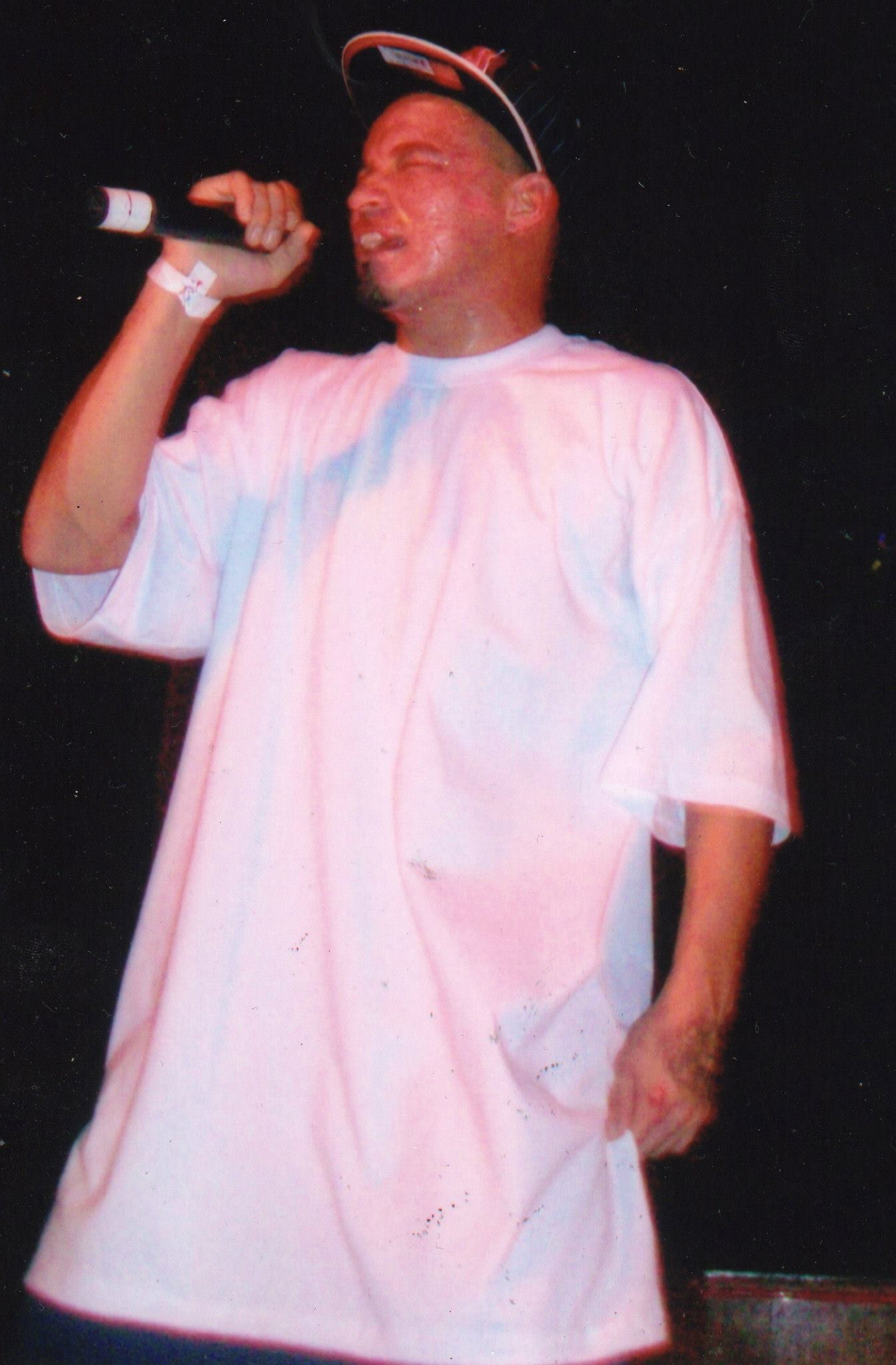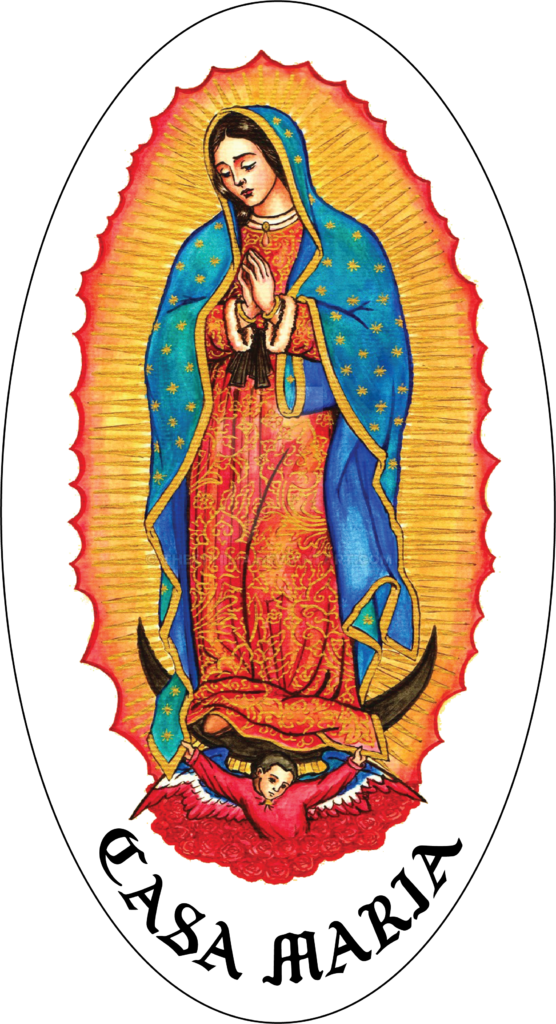
by Cesar (CeAZe) Aguirre
Hip Hop is a passion of mine… I love all music, but Hip Hop is something I have a real deep connection with. I can feel it pumpin’ in my heart and runnin’ through my veins.
I grew up listening to what is labeled as ‘gangsta rap’. Today’s mainstream Hip Hop (or Hip Pop as I like to call it) is heavily influenced by gangsta culture. Many rappers now put up a front, try to project a persona that may not really be who they are because that is the only way to make it big. Major labels are looking for rappers that fit a certain mold, or that can be molded into what sells.
Because of this Hip Hop has been seen in a negative light. Most people don’t understand the history of the music and its evolution. It comes from struggle, poverty, and oppression, straight out of the ghettos of America. That is why it has spread like wild fire across the globe. In every corner of the world there is oppression, poverty and suffering, and we relate to Hip Hop, real Hip Hop.
Hip Hop came out of New York during a time that gangs in poor Black and Brown neighborhoods were uniting (Rubble Kings Documentary available on Netflix). They would steal electricity from the street lights and set up their turntables and mixers and have block parties. DJ’s would mix, cut and scratch old records, looping the breaks (parts of the songs where the beats would break down and there are no vocals) by going back and forth between 2 records and breakers would break to the music (“breakdancing”).
Rap didn’t come along till a little later. You see rap is Hip Hop but Hip Hop is not rap. One is a verb and the other is a noun. Hip Hop is. It is the entire culture. It’s the music, the dance, the fashion, the graffiti, DJ’s, MC’s, rappers. Rap is something you do and only a part of Hip Hop, but a big part. MC’s (master of ceremony) would speak to the audience about things that were relevant to them at the time to keep the party going, rhyming was brought into it and it evolved into rap.
As Hip Hop began to become more and more popular throughout the 80’s, there was a huge connection to poor urban communities. Grand Master Flash and the Furious Five were speaking directly to those communities as early as 1982 with “The Message” by pointing out the everyday struggle and insanity of living in the ghetto. In 1988 N.W.A. dropped “Straight Outta Compton” which spoke to the conditions in their community and the reality they were living, the drugs, gang violence, police brutality, racial profiling and abuse of power that was happening in LA. Many people who couldn’t understand didn’t see it this way. They saw it as glorifying things that are bad or evil. Those with brains, money and power saw it as something to be feared, exploited and destroyed (What Ever Happened to Hip Hop Documentary).
In the late 80’s through the early 90’s there was a huge shift in the consciousness of rap to Afro-centricity. Artists and groups like Public Enemy, X Clan, Queen Latifah, Poor Righteous Teachers, and The Coup were gaining more and more popularity among urban youth. They were speaking about oppression, sexism, racism, poverty, systemic violence, education and the lack of, while educating and inspiring the people.
Meanwhile, the mainstream music industry was trying to push Hip Hop back into the party and dance scene, but what they found was more appealing was the drugs, sex and violence contained in ‘gangsta rap’.
In the mid 90’s there began a shift of mainstream Hip Hop to a less conscious mindset, all about making money and doing what you gotta do to get on top by selling drugs, using violence or whatever it takes. Making it out of the ghetto through Hip Hop became about getting rich and famous and no longer about liberation. This brand of gangsta rap is what I group up listening to, but I also listened to a lot of underground artists that helped influence my way of thinking.
Rap is rap and labels really bother me because I believe that depending on who the artist is that is creating it, it will reflect the feelings, thoughts, beliefs, values and ideas of the artist. A real gangsta doesn’t have to boast or brag about how hard or gangsta he/she is because it will be reflected in the music they create. It is part of who they are. Same for a conscious rapper or Christian rapper. They don’t work to put that persona into their music, it’s present because that’s who they are.
In other words I’m not a “conscious rapper”, I’m a rapper who happens to be conscious so my music will reflect that.
There are so many artists creating Hip Hop now, all over the world in hundreds of languages (Hip Hop: The Furious Force of Rhymes Documentary available on Netflix). This is because of the connection we have through struggle.

My cousin Young Natt asked me to collaborate on a song with him and Joe Grizzly called Devil Muzik. When he first asked me, I was a little reluctant to do it based on the title of the song. After listening to it I realized that the song was about exactly that.

The first 2 lines in the chorus are “If this is devil muzik are we living in hell, and if we rebel to it will you throw us in jail?” and speaks directly to the conditions we live in
and how we are perceived by those in power when we resist and try to
create change within ourselves or our communities.
If you have never understood the culture of Hip Hop or you see it in a negative light, hopefully after reading this, watching the documentaries and listen to the song Devil Muzik by God Brothaz feat. CeAZe your perception might change. Remember, only through truly understanding others’ struggles can we have peace, unity and liberation!
VIVA HIP HOP!
